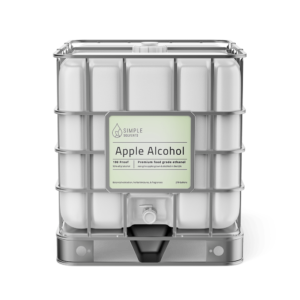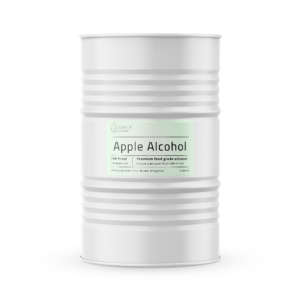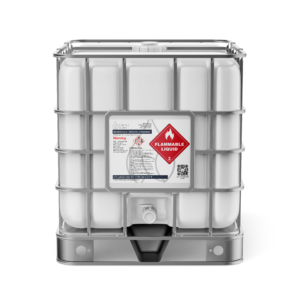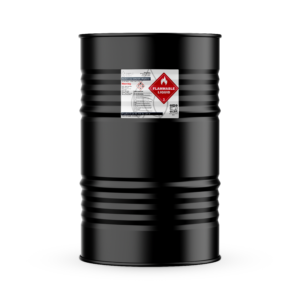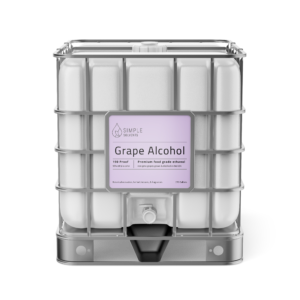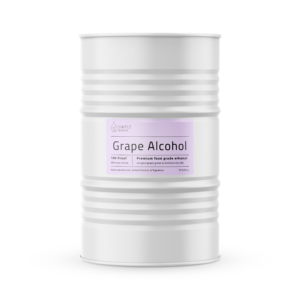Welcome to Simple Solvents, your go-to source for top-grade ethanol products. As one of the leading suppliers in our industry, we offer undenatured ethanol, specially denatured alcohol, and completely denatured alcohol nationwide.
Quality is paramount regarding ethanol products, so we take great pride in ensuring all of ours pass stringent tests and adhere to industry standards. Our 200-proof undenatured ethanol is 100% pure and free from additives or impurities – ideal for laboratory use, pharmaceutical production, botanical extraction, and botanical cultivation applications. Its exceptional solvency properties ensure reliable and consistent results every time! Remember our 190 Proof ethanol for instances where 5% water is required.
For industries requiring denatured alcohol, we provide specially denatured alcohol (SDA) and completely denatured alcohol (CDA). People frequently incorporate SDA into their cosmetics, perfumes, and personal care products because it possesses powerful solvent properties. Including denaturants renders it unfit for consumption, but these additives play a crucial role in its effectiveness. CDA, on the other hand, has no other purpose but industrial applications – both options represent cost-effective solutions.
At Simple Solvents, we take great pride in our commitment to customer satisfaction. With our user-friendly website and product selection, browsing our product offerings is easier than ever; placing orders can be completed online, and your ethanol delivered right to your doorstep – perfect whether you are running a small business, conducting research, or hobbyist! At Simple Solvents, we cater to all your ethanol needs, whether they be small businesses, researchers, or hobbyists alike!
Simple Solvents provides high-quality products and exceptional customer service, featuring knowledgeable team members available to answer any queries or address concerns. We believe in building long-lasting relationships with our customers and going the extra mile to make their experience with us seamless and pleasurable.
To purchase ethanol, visit our website or contact our customer service. With nationwide shipping available and fast, reliable service in Colorado, Florida, and Missouri – no matter where you may live – you can count on us for timely deliveries of our ethanol products!
Simple Solvents is your reliable partner for all of your ethanol needs, offering exceptional product selection and customer service to go along with it. Make Simple Solvents part of your experience now – buy confidently and experience the Simple Solvents difference.

